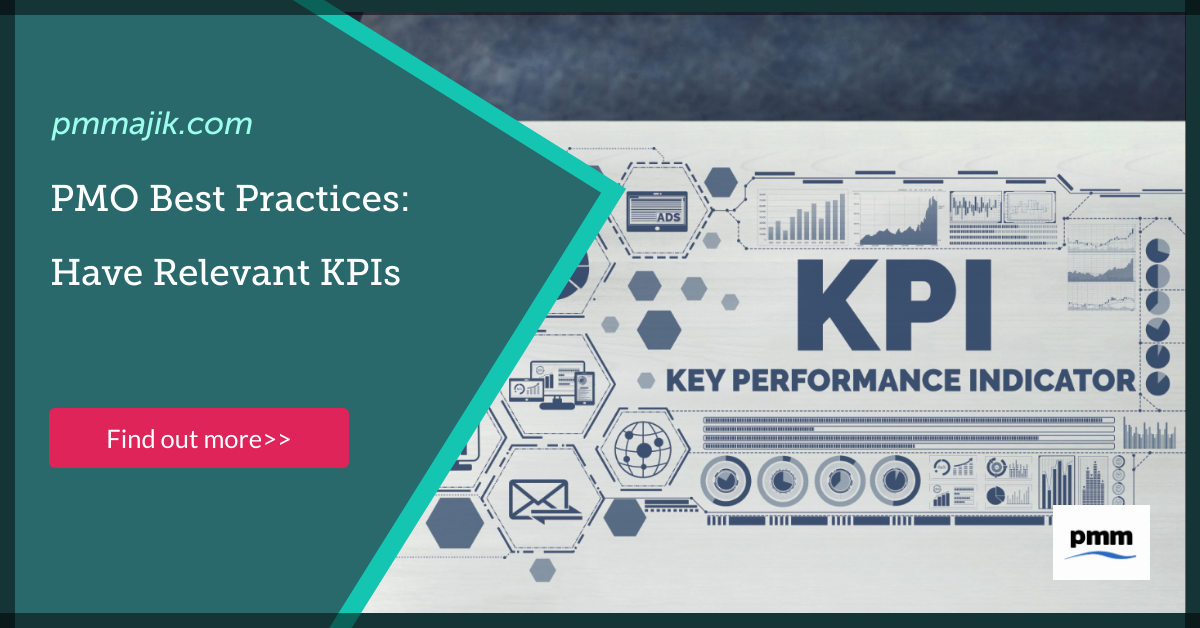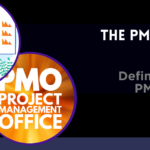A project management office (PMO) is only as good as the results it delivers. Having relevant KPIs is a PMO best practice that will help you demonstrate the value of your office.
A primary function of most PMOs will be to monitor the KPIs of projects, ensuring on-time and on-budget delivery. It’s also important that your PMO works towards KPIs to keep your office delivering long-term value.
Having KPIs is meaningless if they aren’t relevant to what projects, your office, and the overall business is aiming for. To help you ensure your PMO and project KPIs are relevant, we’re going to look at:
- Where relevant KPIs come from
- How to update KPIs to ensure their relevancy
- Why you need to have relevant KPIs
How do I make my PMO KPIs relevant?
While delivering a project within budgets and deadlines is the standard aim, there is more to projects than this. You need to look at the bigger picture when setting targets and measures for a project.
Look to the business’s overall goals and strategy. For example, many companies are currently shifting their focus towards environmental, social, and governance (ESG) issues, and you should build these goals into what you expect from projects.
You also need to make sure that projects are enabling monitoring and reporting – this can be incentivised through KPIs. Make sure projects are targeted to deliver the data you need to analyse their wider performance.
It may be necessary to give individual project-specific KPIs as well. This could be a requirement from a stakeholder or client, for example, they may want to have a certain level of diversity in the team or to have specific data reported to them.
How do I make new, relevant KPIs?
You need to look at all the factors that drive the business and the project to decide on relevant KPIs. Every company and PMO will be different, but no matter what, you should be able to draw a clear line from your KPIs to the bigger picture you’re working towards.
These KPIs also need to be relevant to the people and projects working towards them. The key elements of any relevant KPI are:
- Being specific and well-defined so that the people working on them know exactly what is expected of them and why.
- Being measurable and quantifiable. No matter the KPI, there will be a way to put a number to it that the project team is able to affect.
- Being attainable and achievable – this may mean stretching the target over time so that it is more attainable. Moving straight to a zero-waste culture may be a daunting challenge but cutting waste by percentages each quarter to reach zero is attainable.
- Being realistic so that everyone working on the project can see how they can achieve it. This also means that the KPI needs to work towards what is needed by the project to reach the end result.
- Being time-bound means that there is a clear deadline to fulfil the KPI, making it easier to measure as well. It should also be measured reasonable often – a yearly target can be harder to focus on than monthly or quarterly.
Why do I need relevant KPIs for projects?
Having predetermined targets for a project will let your PMO and the C-suite know if you have been successful. When you define success before starting a project, you will know if the project achieved what it set out to.
It is also important on a very human level to give people something to aim for. People want to improve themselves and get better; they also want to have a clear path to a pay rise or promotion. KPIs offer something measurable to reach for.
It is also part of PMO best practices to have relevant KPIs so that everyone in the project and your office knows what they are working towards for the business.






